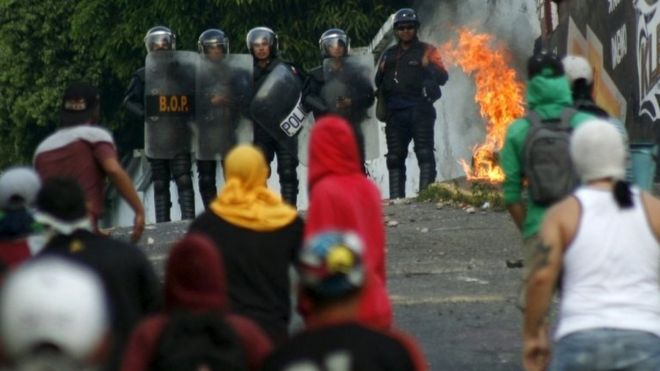7 Days For Syria:
The wave of Arab unrest that began with the Tunisian revolution reached Syria on March 15, 2011, when residents of a small southern city took to the streets to protest the torture of students who had put up anti-government graffiti. The government responded with heavy-handed force, and demonstrations quickly spread across much of the country. As we reach the five year anniversary of the start of the uprising, it is still not too late to push our leaders to take action to help end the conflict, to assist the millions of those displaced from their homes—and to remind the Syrian people that they are not alone.
With that in mind, starting March 15th, I am Syria will be providing “Seven Days for Syria”—a set of small but significant things you can do to help, all easy to do and only a couple of clicks away. With more than 4.7 million Syrian’s in refugee camps, I Am Syria will be focusing this years 7 Days for Syria Campaign to help those displaced by the Syrian Civil War.
|
Day 1: Seven Days for Syria Day One: Play and Share the I Am Syria Video with your Facebook and Social Media Networks. Doing so might hopefully engage others in the cause, encouraging them to do the same with their networks as well. |
Day 2:
If you are looking for a way to help Syrian refugees being resettled in your area, contact you local resettlement agency to donate or volunteer. There is no way for a citizen to host a Syrian Refugee family in your own home, but there are many ways you can help a local resettled family. Find a location near you here |
|
Day 3: Call your local governor or congressmen and tell them to share support for the resettlement of refugees in your district. Find your local congressmen here. Find your governor here. “I am a constituent from [City] and I support the resettlement of Syrian Refugees. I urge you to support refugees displaced by the Syrian Conflict. I am opposed to any legislation that would stop or halt the resettlement of Syrian families. Please represent me and your constituents who want to welcome Syrian families into the United States” Day 5: Tweet to your favorite celebrity and tell them to speak out for the Syrian Refugees with this sample tweet. “Use your power and influence to help the families displaced by the Syrian conflict and desperately need a new home @I_am_Syria” |
Day 4: Make a $20.00 donation to the International Recue Committee’s (IRC’s) Fund for Syrian Refugee Relief. The International Rescue Committee is marshaling a humanitarian response to help the thousands of people crossing Syria’s borders every day, as well as those trapped by the violence inside the country. We provide medical and other critical aid, help women and girls and ensure that all displaced Syrians have access to their legal rights. Day 6: Know a teacher who might be interested in making a difference? Tell them about Teach Syria, a 40 minute Common Core-friendly lesson that provides the background knowledge and materials to engage their students in the Syrian refugee issue—and empowers them to take action. |
Day 7:
We will end our campaign, we want to educate everyone on the Syrian Refugee crisis from those who work with refugee’s in one capacity or another. In addition to over 150 killed with scores injured, the attacks on Paris by ISIS were unfortunate in many ways. One outcome was the backlash against Syrian families being resettled in the United States by some officials in government. Syrian and other refugees should not be feared or demonized. After all, we are dealing here with hundreds of thousands of refugees as opposed to possibly a couple of dozen terrorist infiltrators.
I Am Syria recently prepared a series of articles to help educate our viewers on what it is to be a Syrian Refugee and what conditions are like for those fleeing Syria. Our friends around the world helped contribute to our series by providing us their point of view and what they have experienced. Read a share our articles on social media and help spread our message to help Syrian families desperate and displaced by the Syrian conflict.

